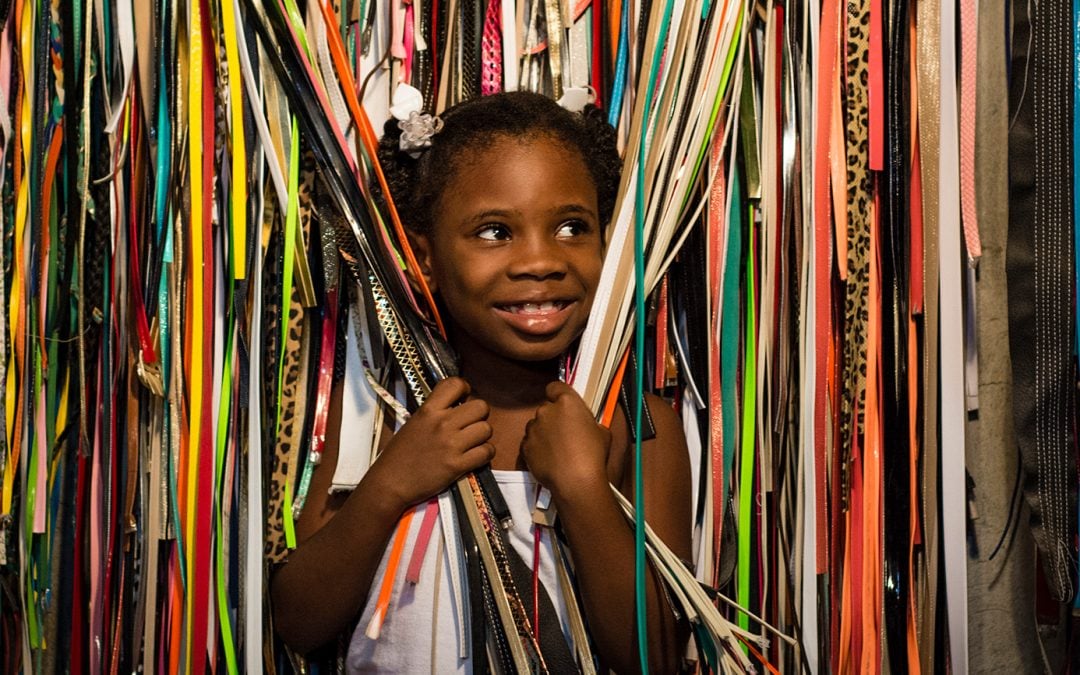Nervousness was in the air. Although many of the refugee families knew each other you could feel the tension. For the first time, these refugees were given a chance to participate in an event that is often only offered to would-be entrepreneurs or business school graduates. The refugees were anxious to put forward their dreams to top experts and asking them to validate their potential.
Back in 2011, I arrived in Esmeraldas, Ecuador which was one the most deprived regions in Latin America. With a homicide rate over 90 per 100,000 inhabitants, it was also one of the most dangerous. It was also the new home to thousands of refugees fleeing the violence in the Pacific Cost of Colombia.
The economy in the region offered very little opportunities for refugees and UNHCR’s ability to provide support was limited. With an already strained budget, we decided to concentrate substantial resources in developing a business incubator aimed at refugees. There was already a Business Incubator ran by the local university (PUCESE – Pontificia Universidad Católica del Ecuador Sede Esmeraldas) but it targeted the educated businessman in the region, not the most vulnerable. We recognized the opportunity for collaboration around an identified need. Together with the PUCESE we developed the methodology focusing on business opportunities in underserved markets. By most accounts, the initiative proved to be successful but a costly one. Nonetheless, it was the catalyst for something larger that would follow.
Including more refugees in the business incubator remained a significant challenge. We also needed additional resources to conduct similar initiatives in other regions. In light of this, I embarked on a search to ramp up capacity and support so refugee entrepreneurs could build their ideas faster and explore new solutions with less support from UNHCR.
Last year I was selected as a UNHCR Innovation Fellow. Over the course of the year-long Fellowship, Innovation Fellows were supported to identify challenges facing their operations and apply methods of user-centered design and prototyping to address that challenge. Apart from the tools we learned, we also received amazing support which allowed us to try new things and address problems in new ways. My idea was to marry the concept of Start Up Weekend (typically known in Silicon Valley) to the needs of refugees. Through creating an intensive but meaningful workshop, we hoped to identify potential refugee entrepreneurs that could take ownership of their solutions moving forward.
Last December, together with colleagues from the Field Office in Guayaquil, the Polytechnical School (ESPOL) and the Centre for Entrepreneurs we developed the first Start Up Weekend for Refugees. We were able to train 49 would-be refugee entrepreneurs (30 females refugees and 19 males). Currently, nine were working as street or informal vendors, eight were homemakers, six were artisans, four prepared or sold food, and eight were unemployed. One-hundred percent of the women who participated had an idea to establish a family business. Of this group of female entrepreneurs, fifty-percent will be concentrating in the food business and twenty-six percent with a beauty parlor or related services.
UNHCR had conducted prior a Market Assents so we knew the local perspectives in these thematic areas and were available to make appropriate recommendations. In addition to the training, we provided tools for validation of their ideas based on market needs and based on these results the entrepreneurs would be able to offer services that are in demand. The methodology of the Start Up Weekend allowed participants to verify their hypothesis (business ideas) in relation to their client needs, product appeal or service to be provided and the overall market demand. These are essential tools for any would-be entrepreneurs and will increase their probability for success. The initial results were very positive and we will develop self-standing manuals so that colleagues can replicate the experience in other UNHCR offices across the world. We will also monitor the economic output of the initiative to ensure we are measuring the effectiveness of the training and innovation initiative.
Together with experts from the Centre for Entrepreneurs and the Polytechnical School we selected the best startup. It belonged to a refugee from Colombia who brought an innovative recipe for making pizza from plantains and using a special sauce passed down by her mother. She was selected because of her innovation, dedication, and true drive to succeed.
It is true that refugees often lose everything in their plight to find safety but many also bring the recipe to thrive in their new country of asylum. Many refugees have the drive and the talent, and it is up to us to provide tools to help them build, grow and scale-up their business so they can integrate and become self-sufficient. UNHCR should aim to help refugees help themselves to become self-sustainable in their new homes. This also holds true for UNHCR staff. Often many UNHCR colleagues have the passion and the talent to innovate with and for refugees but as an organization we don’t harness the opportunity to support them. With a little support, we can bring innovative solutions to some of the world’s most pressing problems and ensure refugees are leading the process.

